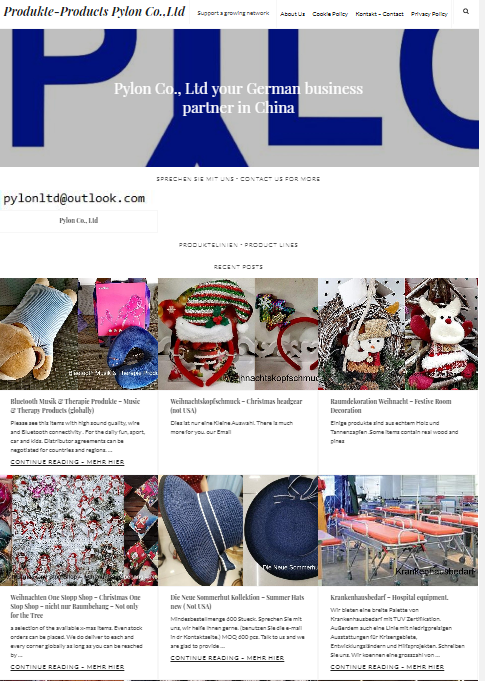Guide the healthy development of folk loans
- Details
- Category: Ningbo Business
- Published: Wednesday, 12 October 2011 06:43
Many small and medium-sized companies in China are currently finding it hard to get loans from banks and many Chinese households desperately need somewhere to put their money other than the overheated property sector. Therefore, folk loans are prevalent in Zhejiang Province. Authorities in China are trying to allay fears of a credit binge that may create non-performing loans. We must keep a somber mind and decisively make the right move in time. We must respond to the changes at home and abroad to improve our macro-control so as to maintain the stability and flexibility of our policies.
On Monday and Tuesday, Premier Wen Jiabao visited Shaoxing and Wenzhou in Zhejiang Province where he conducted an investigation on economic operation. Premier Wen got information about the market supply and social security from locals and he also inspected some local enterprises. On discussions held during the visit, the premier asked in detail about the operation situations of small and medium-sized enterprises and situations about microfinance companies and folk loans.
A meeting on the development of small enterprises was held in Wenzhou on Tuesday afternoon. During the meeting, Mr. Wen said that in order to respond to the changes of international environment and domestic economic situations, positive fiscal policy and prudent monetary policy have been adopted since 2011, striving to maintain the stability of general commodity prices. Measures have been taken to rein in rising prices and keep the steady and rapid economic development.
He also addressed that we have strengthened the regulation of real estate market and built more affordable houses. Efforts have been made to promote the efficiency and stability of the financial system. We had accelerated the construction of agricultural infrastructure to welcome the eighth successive growth of food production.
Our economy has been shifted from policy-motivated to independent growth. However, we should not fail to see that we still had a long way to go due to uncertainties and instability.









